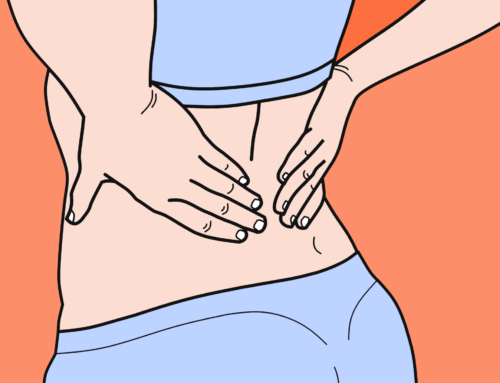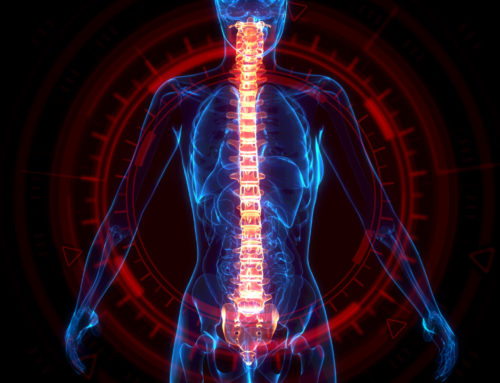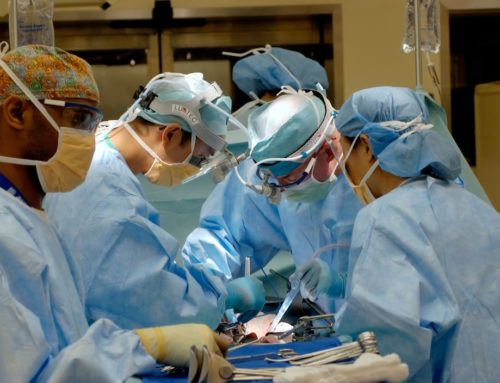Approximately 500,000 Americans undergo surgery for their spinal column each year. A spinal surgeon is able to correct chronic and debilitating pain, giving patients a more comfortable life.
Although many Americans experience back pain, they often choose to use surgery as a final alternative. Spine surgeons are doctors who specialize in conditions and ailments that affect the spine.
Spinal surgeons take ample time to diagnose, treat and rehabilitate their patients. Keep reading to learn when to see a spinal surgeon.
1. Degenerative Condition
Degenerative conditions adversely affect tissues and organs over time. Typically degenerative conditions which affect the spine result in a gradual loss of normal structure and function.
Abnormal pressure on the spinal cord and the nerve root is caused by tissue degeneration. When patients experience spinal degeneration, surgeons will opt to remove all or some of a damaged disc in order to relieve pressure on a pinched nerve. This procedure also will stop the grinding pain between bones and the spinal column.
2. Chronic Neck or Back Pain
Chronic neck and back pain plagues many Americans as they age. In some instances, this can be from a general soreness or aching. If this pain persists for at least three months you need to seek out medical expertise.
Spinal professionals will want to identify the cause of the pain and recommend a treatment plan. Before recommending spinal surgery, doctors will likely prescribe a series of exercises and less-invasive remedies.
3. Injuries That Affect the Nervous System
Spinal cord injury can result from surgical complications, falls, collisions, and gunshot wounds. These injuries unfavorably impact the spinal cord by producing pain or pressure in the neck or back.
If untreated these wounds can result in numbness, chronic pain, or paralysis. After an accident, the surgeon’s immediate priority is stabilization. If a patient must undergo surgery, they typically must remove bone fragments to realign the vertebra and decompress the spine.
4. Congenital Deformities
A congenital deformity is a birth abnormality, typically spinal experts will be brought in to assess the deformity. At birth, pediatric experts will be looped in and continue to monitor the lasting effects of the birth defect. During this assessment, the surgeons will analyze the risks of altering the deformity.
5. Persistent Stiffness
Persistent stiffness in the body can be a sign of a muscle or tissue strain. To relieve the discomfort, you can stretch out the muscle or rotationally apply heat and ice. If the pain persists, you should seek a spinal consultation.
6. Improper Lifting Cases
When you use improper lifting techniques you can place unbearable stress on your spine. These injuries typically result in lower back strains and herniated discs. If the disc is herniated, the surgeon will do a minimally invasive procedure to remove the herniated portion and relieve pressure.
See a Spinal Surgeon Today
Visiting a spinal surgeon does not mean that you are going to undergo spinal surgery. Spinal surgeons can prescribe an array of remedies to help treat your conditions before considering surgery.
If you are experiencing persistent back pain or have suffered from a spinal injury, seek medical advice from our team of Nashville spinal surgeons. Connect with us to set up a consultation today.






